The History and Evolution of Hakama Pants
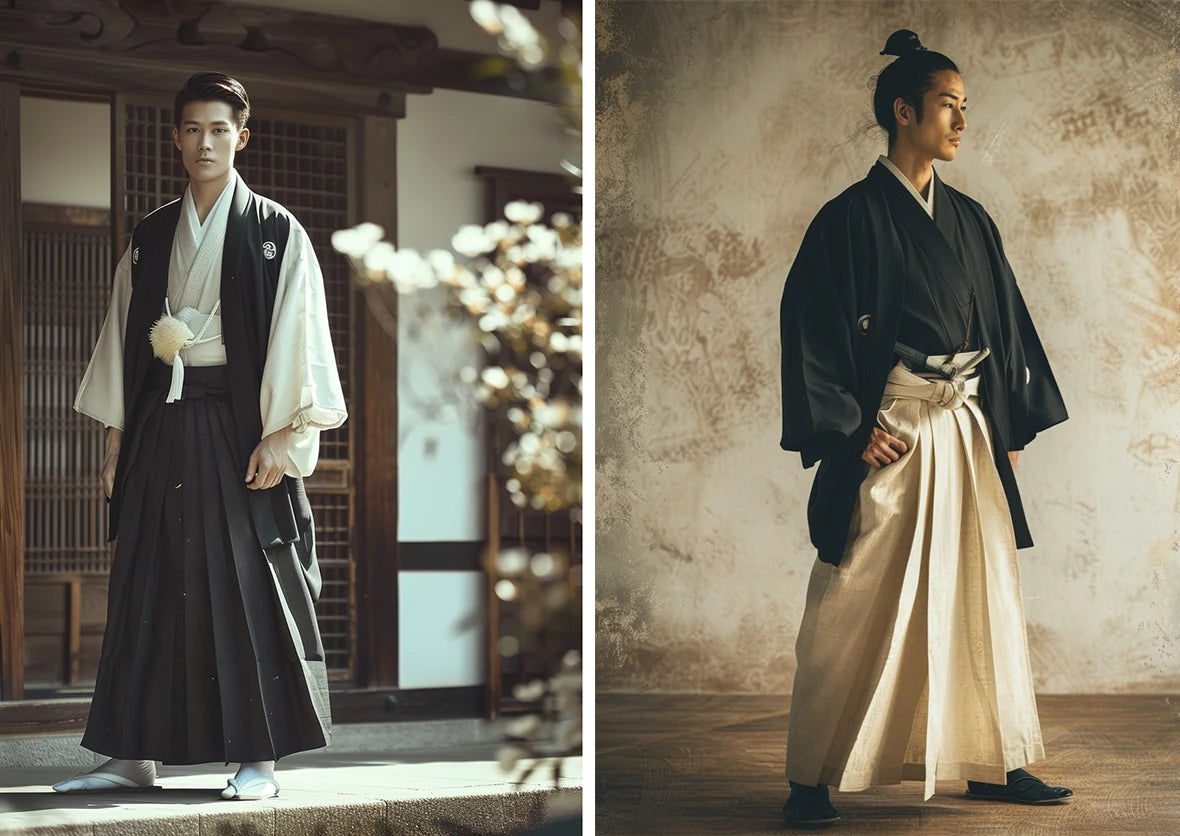
Introduction to Hakama Pants
Definition and Cultural Significance
Hakama pants are a conduit and a variation of the traditional Japanese pants, easily identifiable with wide legs and pleats. With this type of pant, as with most others, it is not expected to have them mean much more than that: short of being, of course, a piece of clothing. However, a hakama comes along with a backdrop of cultural heritage, usually steeped in history and ceremonial meanings within Japan.
Importance in Japanese Culture
Hakama pants enjoy great veneration in Japanese culture. From the very start, when they donned the samurai, to now donning practitioners of multiple traditional arts and ceremonies, they connote discipline and respect along with a deep bond toward Japanese heritage. So they couldn't be related to any fashion statement.
Origins of Hakama Pants
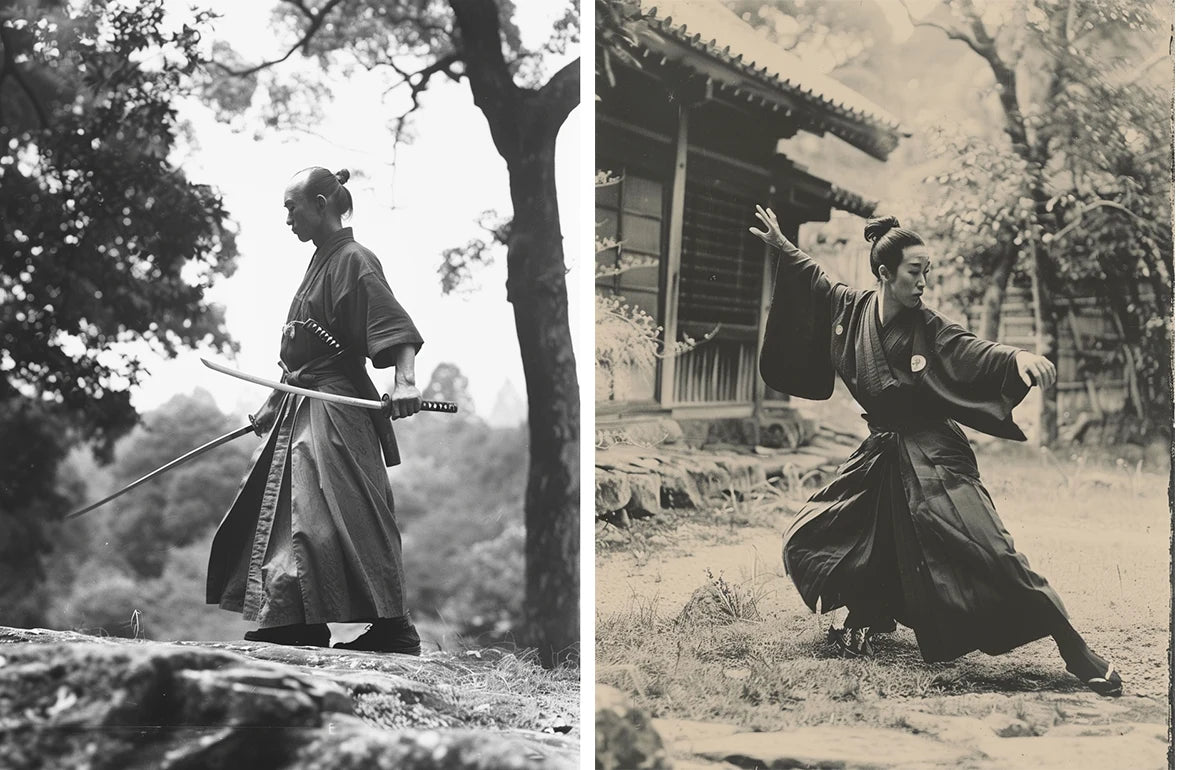
Early Uses in Japan
Ancient Times and Samurai
Hakama pants are as ancient as Japan, where they were primarily worn by samurai. Indeed, these warriors loved these trousers because of their efficiency and reliability during battles. Of course, this design with wide legs did afford great liberty of movement—something essential in horseback riding and martial arts.
Hakama Traditionally Worn by the Japanese
Beyond the samurai, later on, Hakama pants became part of traditional Japanese attire. Nobles and scholars used to wear them as a way to connote a high status in society. Later on, through time, they became associated with several traditional activities—tea ceremonies and classical dance, among others.
Historical Evolution
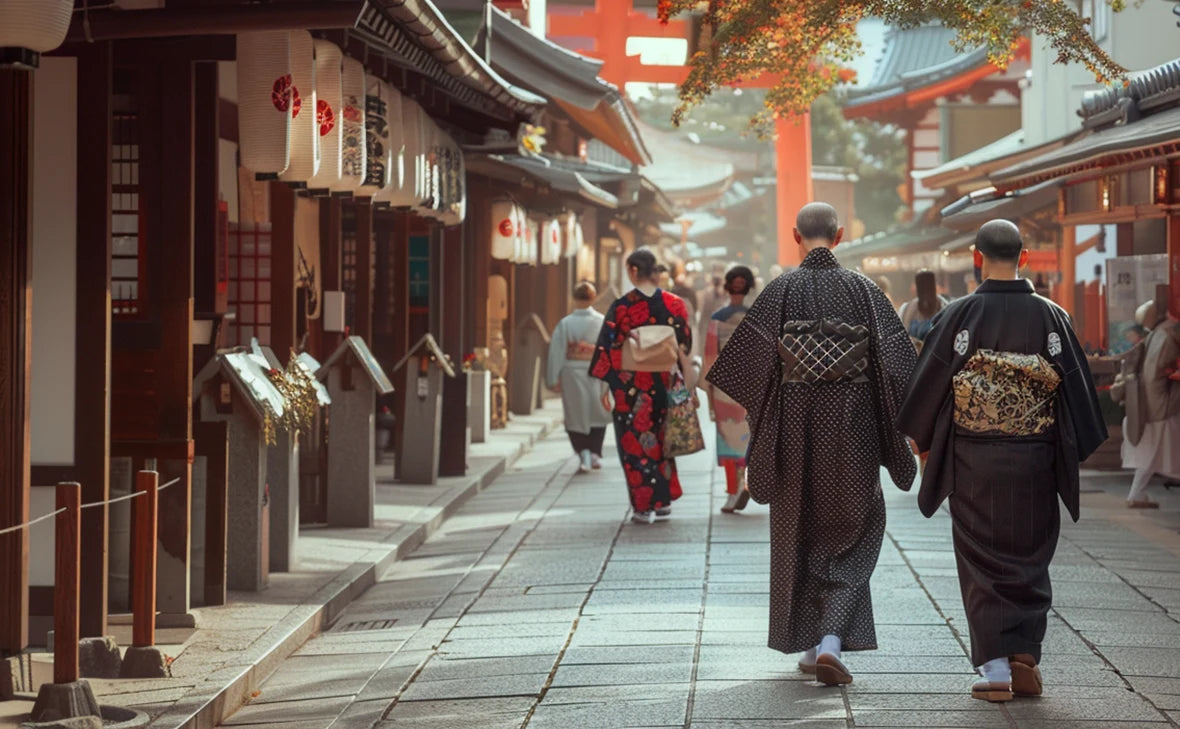
Changes through the Centuries
Hakama pants have been changed dramatically through the centuries. During the Edo period, they transformed from purely functional garments to symbols of fashion and status—designs, fabrics, and occasions for wearing hakama are diversified in keeping with the changing times.
Influences of Historical Events
Events like the Meiji Restoration changed the face of hakama pants forever. Western influence brought a variety of changes in the cut and wear of hakama. Amid this change, however, hakama pants somehow retained the traditional spirit and came out as a ready player in new cultural settings.
Transition to Modern Fashion
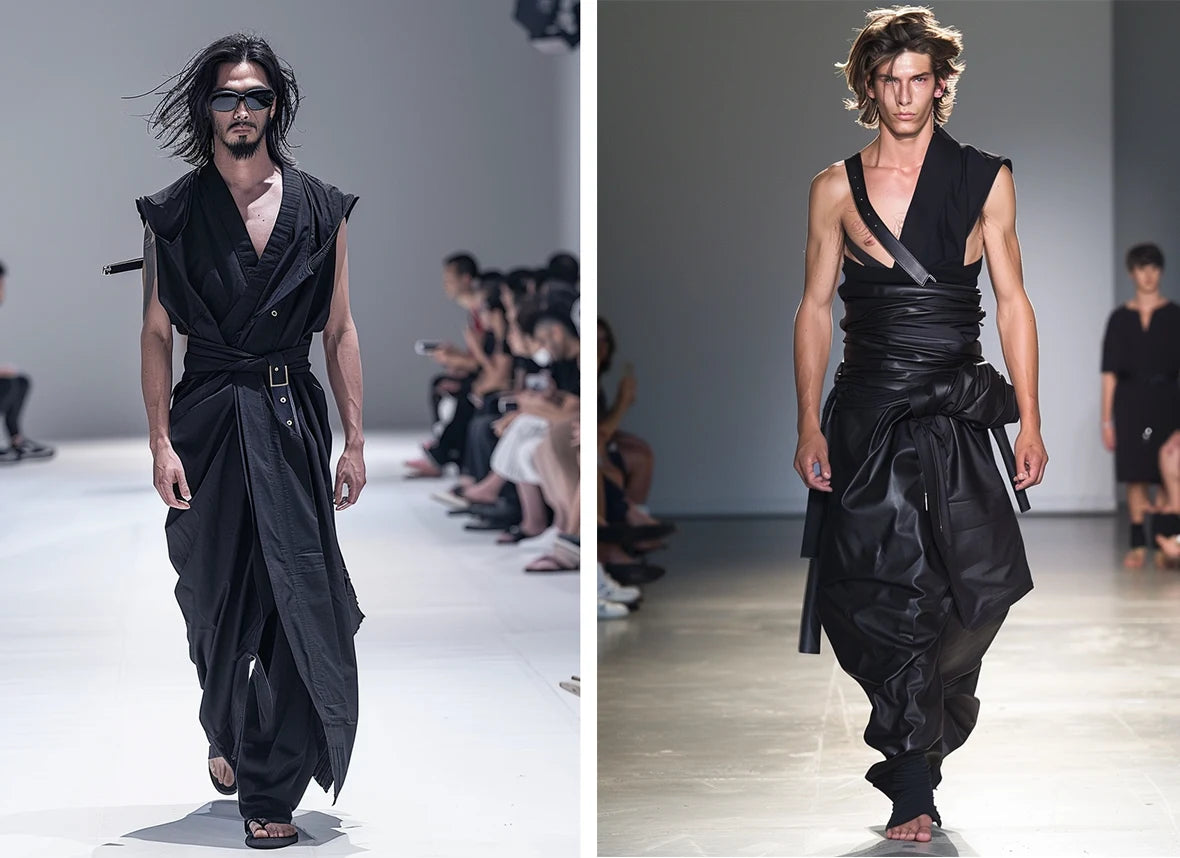
Hakama Pants in the 20th Century
Adoption into Modern Japanese Society
In the 20th century, hakama pants started penetrating larger and more diverse sectors of contemporary Japanese society. No longer restricted to an upper class of such aristocracy, they became fashionable for any occasion, from academic graduation to religious rites—quickly finding a place in modern life.
Influence of Western Fashion
The incoming tide of Western fashion after the war deeply affected the hakama pants. Designers started working on their mix between Western and Japanese style elements, creating new lines that became a rage among youthful consumers. Such fusion gave life to new designs on traditional garments.
Contemporary Adaptations
Streetwear Integration
Today, hakama pants find their niche in streetwear. Their silhouette, with cultural overtones, shapes them as a very comprehensive look for shoe lovers who like to go ahead and show themselves. Urban fashion has adopted the hakama pants into contemporary wear while still giving nods to traditional roots.
Popularity Among Fashion Enthusiasts
Interest in hakama pants has been widely taken up by free-thinkers in fashion from across the world. With the influx of Japanese culture, as well as a rapid trend quickly moving around the globe in the adoption of statement pieces, hakama pants find a special place in most wardrobes, owing to their versatility and accommodating harmony while styling them in many ways—hence, appealing to a huge populace group.
Cultural Influence and Symbolism
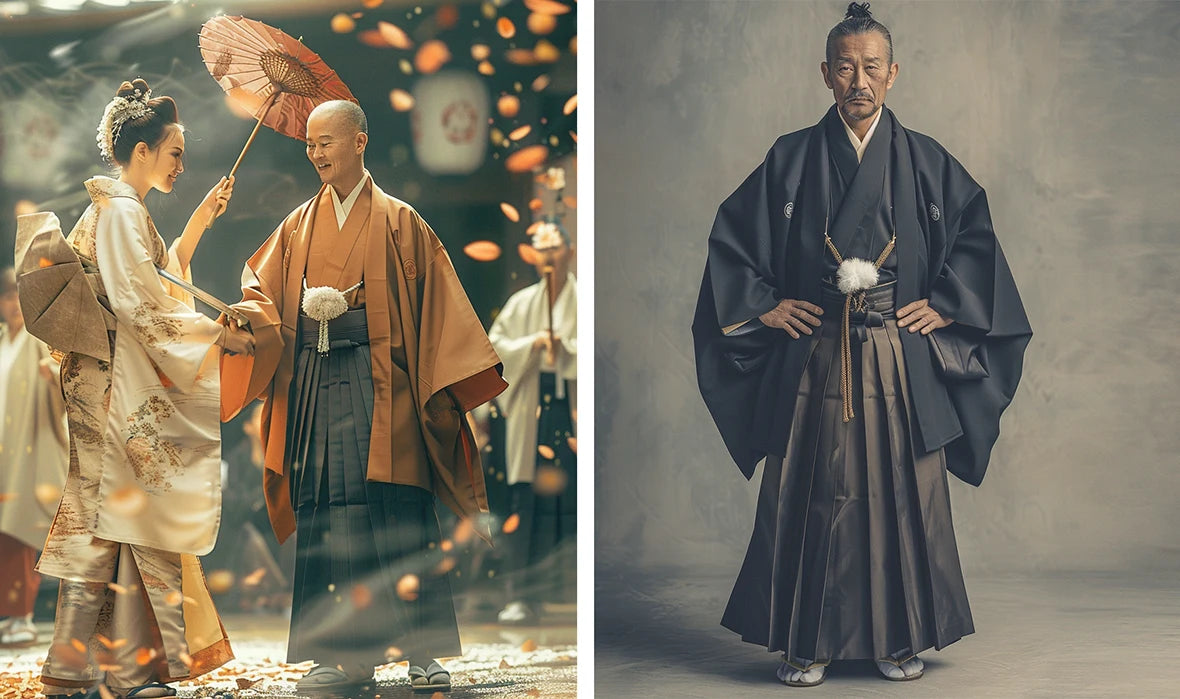
Hakama Pants in Traditional Ceremonies
Use in Martial Arts
In martial arts, hakama pants usually make up a straightforward form in kendo and aikido attires. They are typically worn to indicate a person's commitment to their art and its tradition. According to tradition, the seven pleats on hakama have been said to depict virtues that include courage, benevolence, respect, and other implied practical principles for human beings.
Ritual and Festival Role
Hakama pants play a significant role in traditional Japanese festivals and rituals. They are worn during Shinto rites, weddings, and other cultural activities that link yesterday to today. It is their presence in these events that underscores their richness culture-wise.
Modern-Day Symbolism
Representation Within Media and Pop Culture
Hakama pants find purpose in film, media, and popular culture. From anime to manga, movies' mere depictions of hakama pants in television describe an emphasis on Japanese heritage/tradition. This representation empowers the path to cultural identity through hakama pants for today's youth.
Symbol of Heritage and Identity
Hakama pants represent heritage and identity in contemporary society. Any person, with pride, will wear them to show regard for the roots of their forefathers who want to celebrate their ethnicity. This symbolic value does not stop within Japan, as these speak volumes to people worldwide who take an interest in Japanese culture.
The Future of Hakama Pants
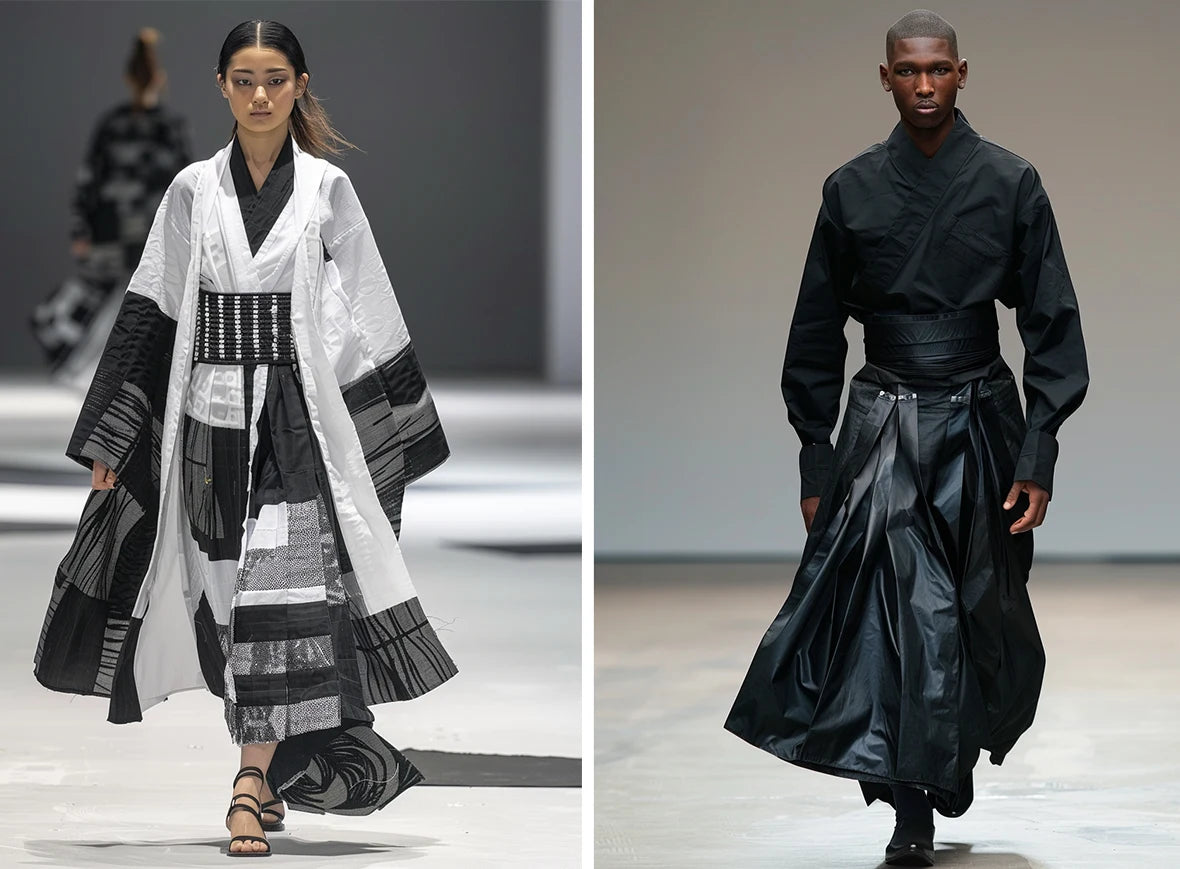
Upcoming Trends and Styles
Innovations in Design
Knowing that designers can always reach out to find ways to widen their spectrum of innovation, the future looks bright for Hakama pants. Some contemporary innovations are variations in fabric, color, and fit that have made them more accessible and more manageable on one's eyes for eliciting a global audience. These are the innovations that keep hakama pants relevant yet stylish.
Sustainable Fashion Practices
The emergent trend in fashion now is sustainability—which can be seen, promised, and witnessed in hakama pants. Now, designers turn to environmentally friendly materials and sustainable production methods. In this shift, not only is traditional manufacturing spared—by this, heritage also endures—but instead, it sticks to the present values of environmental responsibility.
Predictions Concerning the Future
Continued Relevance in Culture
Hakama pants are likely to remain relevant culturally for the foreseeable future. Due to its intrinsic value being based on Japanese tradition and a modern twist of adaptation, it is sure to be cherished. With cultural appreciation set to grow, hakama pants will likely have increased popularity globally.
Global Influence and Adaptation
Influence from hakama pants is gaining momentum across the world. Enthusiasm towards Japanese culture is growing worldwide, and naturally, with it, these pants find applications in varied fashion settings. It's a cross-cultural addition to the epoch of fashion that makes hakama pants genuinely global.
Conclusion
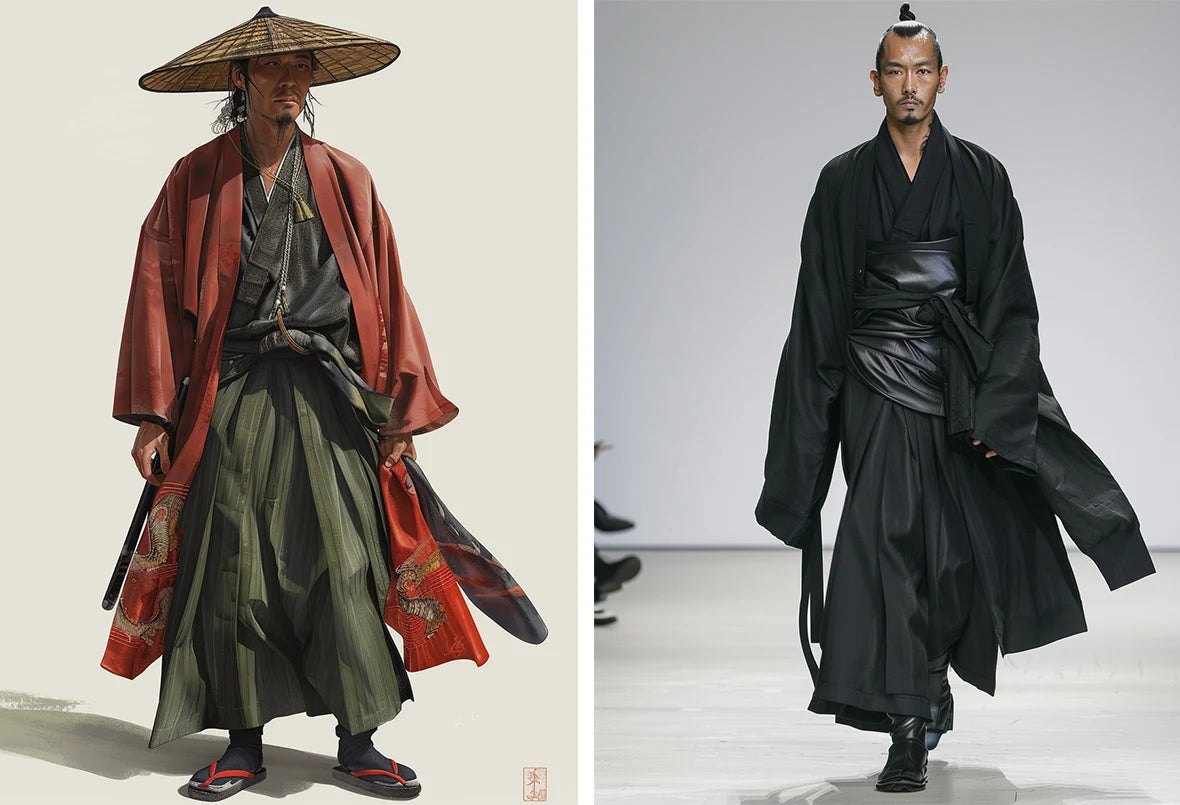
Summary of Historical Significance
Key Milestones in Evolution
Some milestone processes distinctively mark the journey of hakama pants from ancient Japan to modern fashion. That is, from their roots in samurai attire to resorts of contemporary streetwear, hakama pants have increased, influenced by dynamism between tradition and innovation.
Enduring Cultural Impact
The cultural effect of hakama pants stretches beyond fashion to inspire a deep respect for Japanese heritage, remaining a compelling expression of identity and tradition. It is a place of varied contexts of culture attributed to lasting significance.
Final Thoughts
Embracing the Hakama Legacy Pants
Hakama pants logically come with a long history and cultural heritage. In including them in today's modern wardrobes, we already pay respect to the past and rejoice in the present. With their versatility and character, no fashion lover's collection would be complete without them.
Looking Forward to Future Trends
The future is full of promise for hakama pants. From innovations continuously pouring in to increased awareness against green living, pants have a sure, confident march ahead as a fashion favorite. Be it embracing legacy or new trends; hakama pants have sealed their fate to be relevant and dear in global fashion.
